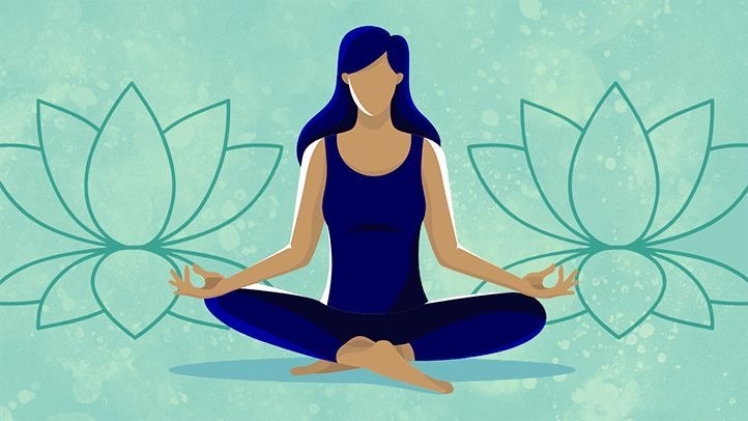Stress has become a standard part of life in today’s fast-paced world. From hectic work schedules to personal responsibilities, the demands of daily living can take a toll on our mental and physical well-being. Fortunately, mindfulness meditation offers a powerful tool for managing stress and finding inner peace. Practising mindfulness meditation can cultivate greater awareness, reduce stress levels, and improve overall quality of life.
What is Mindfulness Meditation?
Mindfulness meditation is a practice that involves paying attention to the present moment with openness, curiosity, and acceptance. It encourages individuals to become more aware of their thoughts, feelings, bodily sensations, and environment without judgment. Through regular practice, mindfulness meditation helps cultivate mindfulness, which involves fully engaging in the present moment and accepting things.
How Does Mindfulness Meditation Relieve Stress?
- Reducing Rumination: Mindfulness meditation helps break the cycle of rumination, or repetitive negative thinking, by bringing attention to the present moment. Individuals can let go of past regrets and future worries by focusing on the here and now, reducing stress and anxiety.
- Stress Reduction: Mindfulness meditation activates the body’s relaxation response, which counteracts the stress response. By practising mindfulness, individuals can lower their heart rate, reduce muscle tension, and decrease levels of stress hormones like cortisol.
- Enhancing Emotional Regulation: Mindfulness meditation strengthens the prefrontal cortex, the brain responsible for emotional regulation. This allows individuals to respond to stressors more calmly and composedly rather than impulsively.
- Improving Resilience: Regular mindfulness meditation builds resilience, enabling individuals to bounce back more quickly from stressful situations. By cultivating a non-judgmental awareness of their experiences, individuals can develop a greater sense of inner strength and flexibility.
- Promoting Self-Care: Mindfulness meditation encourages self-care and self-compassion, essential for managing stress. By prioritizing their well-being and taking time for mindfulness practice, individuals can better cope with the challenges of daily life.
How to Practice Mindfulness Meditation for Stress Relief
- Find a Quiet Space: Choose a quiet, comfortable space to sit or lie down without distractions.
- Set Aside Time: Set aside dedicated time each day for mindfulness meditation. Start with a few minutes and gradually increase the duration as you become more comfortable with the practice.
- Focus on the Breath: Begin by bringing your attention to your breath. Notice the sensations of breathing—the rise and fall of your chest, the flow of air in and out of your nostrils.
- Stay Present: As thoughts, emotions, and sensations arise, observe them without judgment and gently guide your attention back to the breath. The goal is not to suppress or control your thoughts but to cultivate a non-reactive awareness of them.
- Practice Regularly: Consistency is critical to reaping the benefits of mindfulness meditation. Aim to practice daily, even if it’s just for a few minutes each day.
- Extend Mindfulness to Daily Activities: Bring mindfulness into your daily life by practising mindfulness during everyday activities such as eating, walking, or washing dishes. Notice the sensations, thoughts, and emotions that arise as you engage in these activities.
Conclusion
Mindfulness meditation holds the key to transforming our relationship with stress in the modern world. By cultivating a present-moment awareness and accepting things as they are, we can reduce stress, enhance emotional regulation, and improve our overall well-being. Whether practised for a few minutes a day or integrated into daily activities, mindfulness meditation has the potential to revolutionize how we navigate stress and find greater peace and resilience in our lives. Start your journey to stress relief today by embracing the practice of mindfulness meditation.

